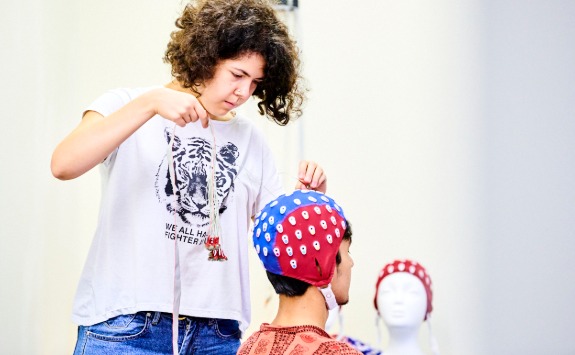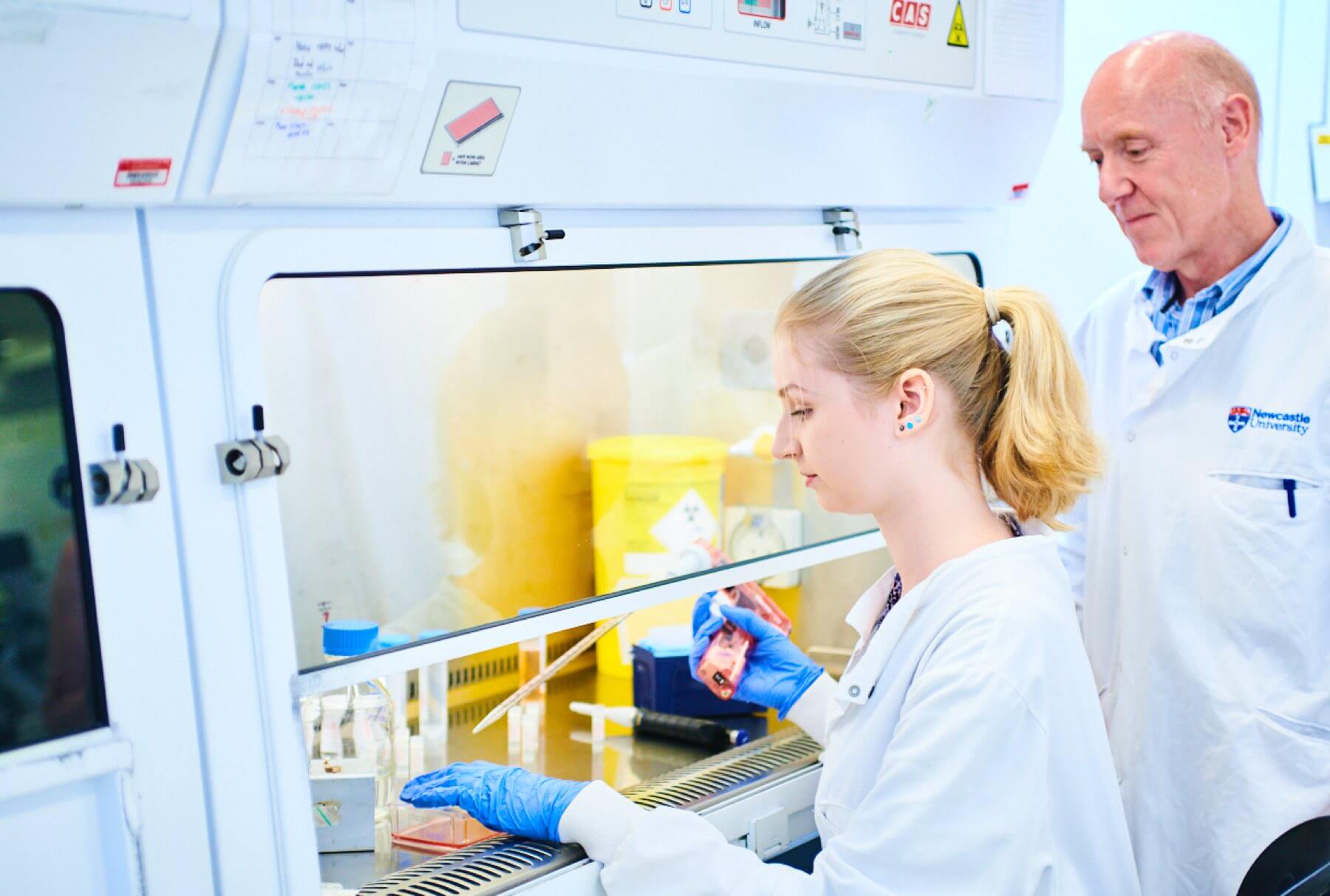Summer Research Placements
Giving undergraduates first-hand experience of working in a research laboratory.
How it works
You are a Newcastle University undergraduate student who will proactively apply to a research group to host you for a funded summer placement (also known as a vacation scholarship), that can be either laboratory-based or non-lab. There are a limited number of these funded studentships and selection is by open competition. There is both internal (Newcastle University-wide) and external funding available. The summer placement session, which takes place during semester 1, will explain how to identify research groups to do your summer placement with. These placements will take place between June and September for students between Stages 2 and 3, or 3 and 4. Most funding bodies state that students must be in Year 2 onwards of undergraduate study to be eligible for funding. Summer placements are approximately eight weeks in duration.
With your research supervisor, you can apply to funding bodies for a maintenance grant to fund you for approximately eight weeks. These are highly competitive grants so make sure you allow enough time to complete and submit your application.

You will work in a research group on a specific topic which could be lab-based, non-lab or data analysis. You'll create a lay-abstract of your project and you'll have the opportunity to give a poster presentation of the results at a public event and a School event.
- See the vacation scholarship and expedition (summer placement) site for more information
How to apply
These placements are open for Newcastle University students only. During semester 1 there will be a summer placement support session that will detail how to apply.
Start by taking a look at the Faculty of Medical Sciences research areas that interest you. Read through specific researcher profiles. If you would like to work with them, contact the academic via a polite email. You may want to attach your CV.
Once a research supervisor has agreed to host you, you will apply for funding together. Allow time for processing your application.
The closing dates usually vary depending on the funding source, from January to May.
